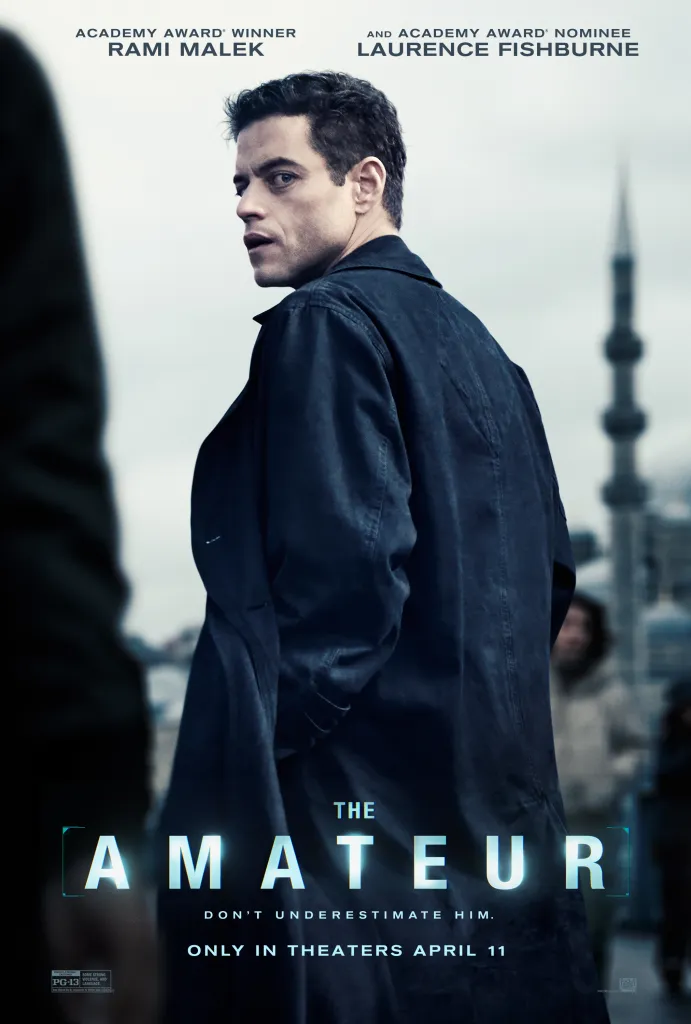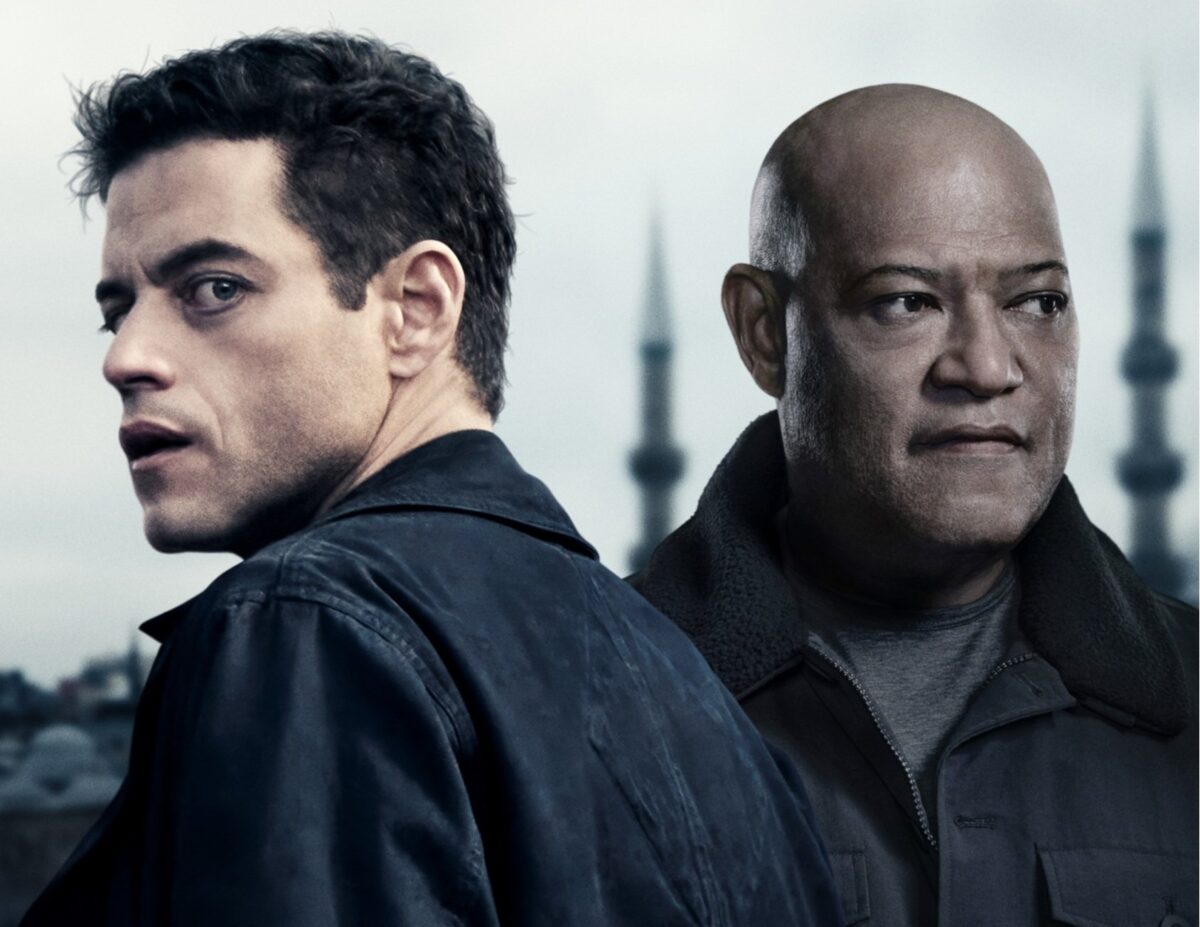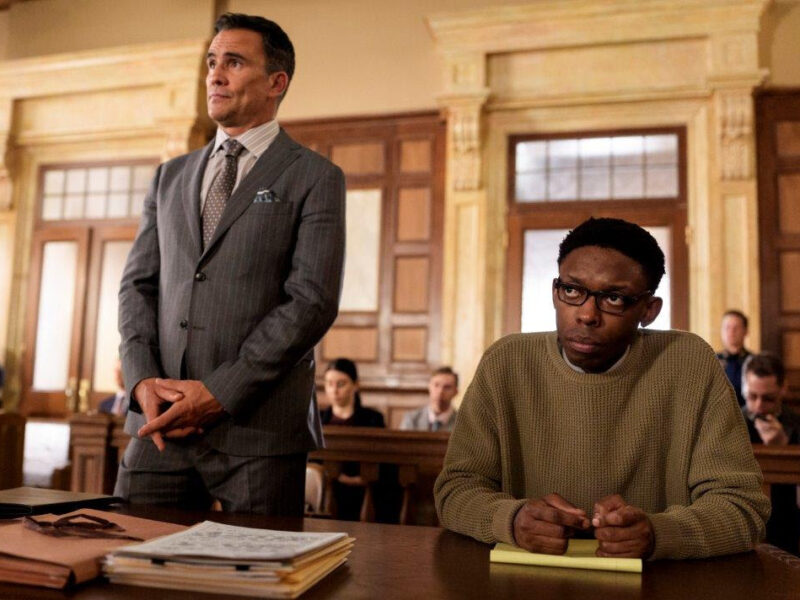There’s a new player in the spy genre, and he’s not your usual suspect. The Amateur, the latest thriller from 20th Century Studios, will be exhibited worldwide in April, promising to twist the conventions of espionage cinema into something more cerebral and emotionally charged. With Oscar® winner Rami Malek at the helm and Laurence Fishburne lending gravitas, this is not just another tale of bullets and betrayal—it’s a story driven by grief, code, and the blurred lines of justice.
Directed by James Hawes, whose work in Black Mirror and One Life leans heavily into psychological depth, the film positions itself at the crossroads of personal vendetta and institutional paralysis. Based on the 1981 novel by Robert Littell and adapted by Ken Nolan and Gary Spinelli, the plot centers on a quiet CIA cryptographer whose life implodes after a terrorist attack in London claims his wife. What follows is not a sanctioned operation, but a calculated rebellion against the system that failed him.
Rami Malek: From Rock Icons to Rogue Agents
Malek’s portrayal of Charlie Heller—a socially awkward but intellectually formidable CIA decoder—is already drawing attention. As reported by Collider, Malek’s capacity to convey “fractured genius” might make this one of his most nuanced roles since Bohemian Rhapsody. He’s not wielding guns with bravado but navigating the underground world of espionage using raw intelligence and personal anguish as his weapons.
In a role that echoes the existential loneliness of characters like Jason Bourne, Malek’s Heller is an everyman turned insurgent. When bureaucracy fails him, his transition from analyst to avenger isn’t just emotional—it’s terrifyingly methodical. His internal transformation takes him across continents and through a network of moral compromises, constantly shadowed by those who once called him an ally.
Star-Studded, Character-Driven
The film boasts a powerhouse ensemble, each adding distinct layers to the narrative. Rachel Brosnahan, fresh off her success in The Marvelous Mrs. Maisel, plays a CIA operative whose loyalty is tested. Caitríona Balfe, Jon Bernthal, and Michael Stuhlbarg offer sharp performances as allies, enemies—or both—in a world where deception is currency.
According to Empire Online, the dynamic between Malek and Fishburne’s character, a high-ranking intelligence official, delivers “chess-match dialogue” and “tension that never snaps, only tightens.” Their scenes are reportedly some of the film’s most compelling, offering a meditation on loyalty, grief, and the cost of knowing too much.
The supporting cast includes Julianne Nicholson, Holt McCallany, and Danny Sapani, grounding the globe-trotting plot in rich character drama. This isn’t a film that wastes its cast on archetypes—it weaponizes them for emotional precision.
Production Value Meets Psychological Grit
Behind the camera, the pedigree is equally impressive. The cinematography by Martin Ruhe (The Boys in the Boat) captures the shadowy elegance of the spy world, while Oscar® nominee Maria Djurkovic brings a muted opulence to the production design. From underground CIA bunkers to war-torn European alleys, every frame drips with quiet menace.
Composer Volker Bertelmann, who won an Oscar® for All Quiet on the Western Front, provides a haunting score that acts less like a backdrop and more like Heller’s internal monologue. The editing, handled by Jonathan Amos (Baby Driver), keeps the pace tight without sacrificing the film’s emotional depth.
As IGN puts it, the film “elevates genre tropes into character studies,” focusing on how trauma and revenge shape a man who was never meant to be in the field. This approach is what could give The Amateur staying power beyond its box office debut.

A Thriller with Teeth—and a Heart
In a cinematic landscape crowded with superheroes and high-octane franchises, The Amateur offers something quieter but no less powerful: a portrait of a man unmoored by loss, navigating the machinery of modern surveillance with only his intellect and desperation.
What makes this film especially timely is its examination of institutional failure and personal agency. As audiences become more attuned to the ethical complexities behind global intelligence work, Heller’s journey resonates on multiple levels. The question isn’t just “Will he get his revenge?”—it’s “What will be left of him if he does?”












